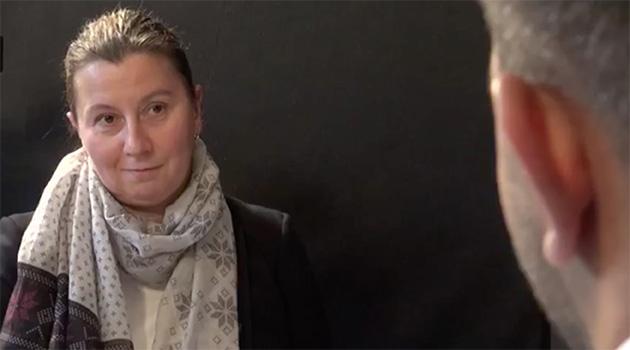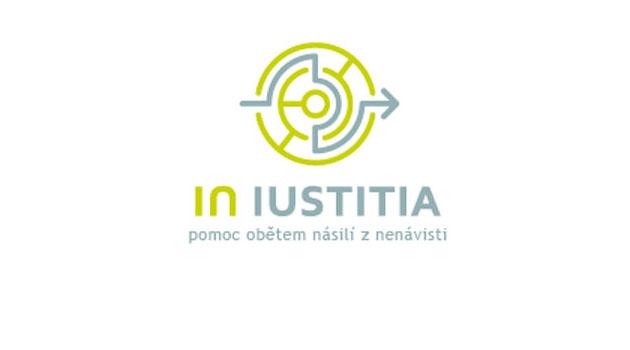Czech Human Rights Commissioner: Human rights not considered important enough, critique of nonprofits is problematic

Speaking on the occasion of Human Rights Day, which falls on 10 December, Czech Government Human Rights Commissioner Martina Štěpánková told the Czech News Agency that Czech society does not consider human rights to be important enough. Rather, the opinion dominates that such rights have already been achieved and that it is not necessary to further protect them.
The Commissioner said she considers attacks on nonprofit organizations to be a big problem. Human Rights Day marks the anniversary of the UN General Assembly in 1948 at which the Universal Declaration of Human Rights was adopted.
“In the Czech Republic it is generally a problem that human rights are not absolutely sufficiently perceived as something of essential importance. It is not the case that we have already achieved human rights and that they no longer need protecting. The active protection of those rights is an ongoing process and a component of the democratic rule of law,” the Commissioner said.
Štěpánková pointed out that the nonprofit sector is important when it comes to aiding children, foreign nationals, people living with disabilities and senior citizens, including in protecting their rights. Nonprofit organizations have become targets for criticism and for hateful comments on social networking sites.
Some politicians have also begun to cast doubt on the benefits such organizations contribute to society and have called for subsidies to them to be restricted. Czech President Miloš Zeman previously called them “leeches on the state budget”.
Czech Prime Minister Andrej Babiš (Association of Dissatisfied Citizens – ANO) has spoken of the need to review those subsidies. Experts on social issues, however, are emphasizing that without public benefit corporations the services delivered to people living with disabilities, senior citizens, and others in need would collapse.
Nonprofit organizations provide assistance that is not provided by municipalities, regional authorities or the state itself – and what is more, they manage to deliver it much more cheaply than the public sector. “What I perceive from my perspective as very problematic and wrong is the critique of non-governmental organizations, especially of those that are involved in actively advocating for human rights, whether that be in the area of environmental protections, gender, or migrant protections. Those organizations also have their own place and their role to play,” the Commissioner said.
In her view, the attacks are damaging the entire NGO sector. “The public frequently does not realize that the activities and services provided by non- governmental organizations are ones from which members of the public benefit,” the Commissioner pointed out.
When asked about the debate over whether people who want to “do good” should work for free, she said it is a ridiculous one. “It is not possible to do this all just on a volunteer basis,” the Commissioner emphasized.
Štěpánková went on to say that a large part of NGO activities are already provided by volunteers. According to data from the Czech Statistical Bureau, volunteers in the Czech Republic worked a total of 46.13 million hours in the year 2016 and performed work for free that was worth 6.41 billion crowns (EUR 248 million).
Compared to the year 2015, people in nonprofit organizations donated almost one million hours more of voluntary public benefit activity in 2016. The value of that labor was higher by roughly half a billion crowns (EUR 19 million) that year.
According to the Commissioner, what is lacking in the Czech Republic is civics education that would include training on active citizenship and media literacy. Experts have already begun working on the conceptual design of such education.
The Commissioner said next year the Czech Government’s anti-racism campaign will continue. As for the 70th anniversary of the adoption of the Universal Declaration, it will be marked today by a debate at the Czech Foreign Ministry.
That event will focus on the fulfillment of human rights, their relationship to policy, and the development of the rule of law in Central Europe. The Embassy of the Czech Republic and the Embassy of France will be holding breakfasts today including a debate about the state of human rights in more than 10 countries of Asia, Latin America and Eastern Europe.
